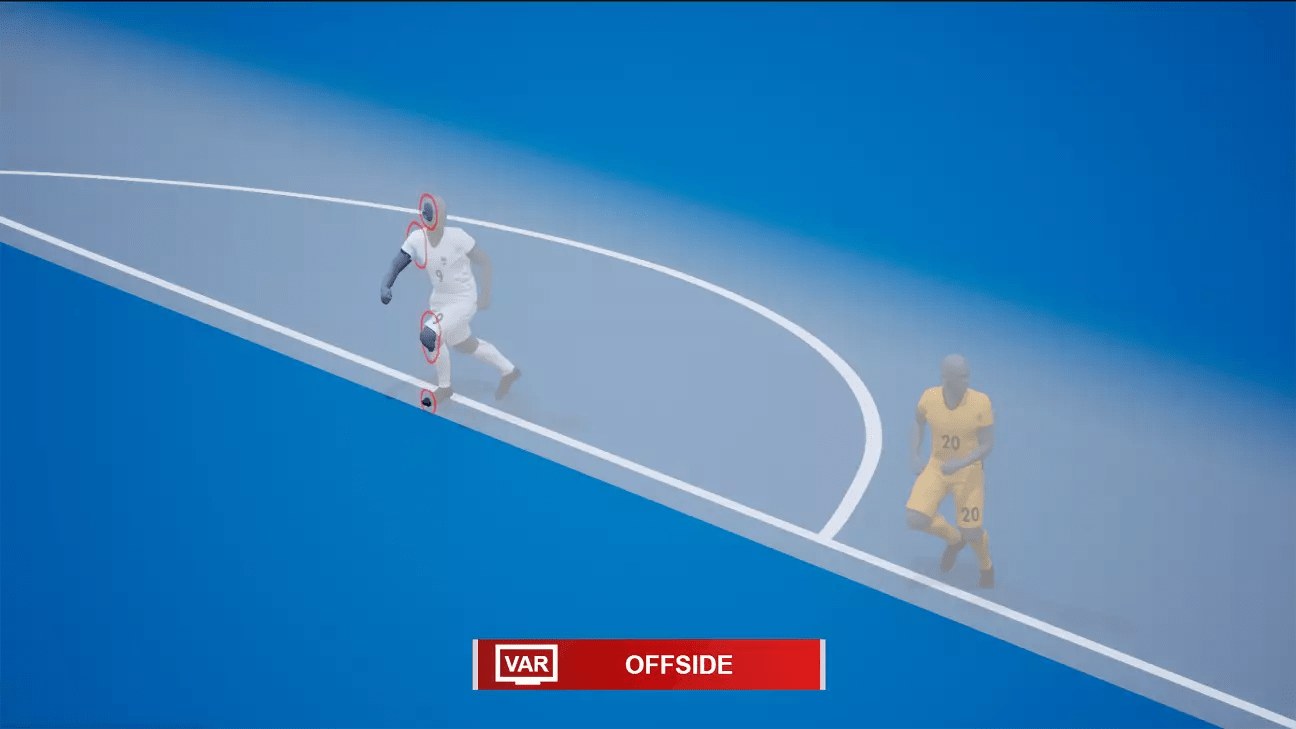The implementation of new technologies in sports often sparks discussion and debate, especially when it comes to officiating and decision-making processes. The introduction of semi-automated VAR offside technology (SAOT) in the Premier League has been a hot topic, prompting a thorough examination of its current status, anticipated timeline, and the broader implications for the future of football in England. Although there was initial optimism surrounding the potential rollout of SAOT this season, recent updates suggest that its introduction may be delayed until at least next year, raising concerns about the effectiveness and reliability of existing systems.
Initially, the Premier League had envisioned rolling out SAOT following one of the autumn international breaks, with October being a focal point for deployment. However, discussions at the Premier League shareholders’ meeting unveiled that the technology is still undergoing rigorous testing and is not yet ready for live implementation. Despite clubs expressing unanimous support for the technology earlier this year, the testing phase has revealed critical issues that must be addressed before SAOT can be employed in matches.
The importance of this technology cannot be overstated. By automating the offside decision-making process, SAOT promises to reduce the average duration of checks by an impressive 31 seconds. This speed-up is significant in a sport where the flow and rhythm of the game can be drastically altered by lengthy interruptions. Yet, the Premier League’s decision to delay implementation stems from a prudent desire to avoid additional errors that may undermine the integrity of the game.
As the Premier League grapples with the decision of when to introduce SAOT, it finds itself in the unique position of observing its European counterparts who have already taken the plunge. Serie A embraced SAOT in January 2023 after a glaring officiating error led to the disallowance of a legitimate winning goal for Juventus, signaling a pressing need for improvement in their VAR systems. Meanwhile, LaLiga also adopted the technology at the start of the 2023 season, providing further validation of its perceived benefits.
For the Premier League, the caution exercised in rolling out SAOT may reflect a consciousness of recent officiating controversies that have plagued English football. High-profile errors, such as the failure to identify offside in important match situations, have become talking points among fans, players, and pundits alike. These incidents emphasize the necessity of a robust and reliable system that can enhance the quality of officiating rather than complicate it.
The fallibility of human operators in the VAR process has exposed significant vulnerabilities within the system. Leicester City’s manager, Steve Cooper, expressed frustration regarding a controversial decision that affected his team’s performance against Crystal Palace. His remarks highlight a growing sentiment among clubs regarding the current VAR setup’s limitations. While the Premier League refuted these claims, the pressure to implement a more reliable system intensifies.
Notably, the introduction of SAOT is anticipated to mitigate some of these issues by employing advanced graphical visualizations to present offside decisions clearly to fans and players alike. Unlike the current method of displaying ambiguous lines, SAOT – with its AI-driven technology – promises to deliver a more accurate and visually coherent depiction of such pivotal decisions.
As the 2023-2024 season progresses, anticipation will inevitably continue to build regarding the eventual implementation of SAOT in the Premier League. The promise of advanced technology to support the game is tantalizing, but the league’s insistence on holding off until they are certain of its reliability speaks volumes. Football fans worldwide hope for a system that enhances the game rather than detracts from it.
The pressing question remains: will the Premier League take the necessary steps to ensure flawless integration of SAOT, or will it succumb to the same issues that have marred its officiating in recent years? As the focus turns to postponed technology, stakeholders from every corner of football are urged to reflect on their roles in shaping a future where technological advancements confidently coexist with the sporting spirit. Only time will reveal whether this protracted timeline will lead to a more promising horizon or merely prolong the status quo of uncertainty and frustration in officiating.


Leave a Reply